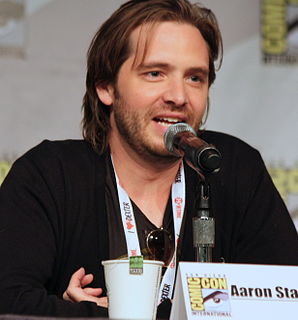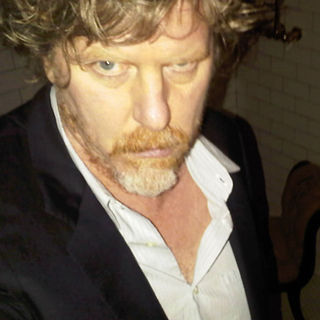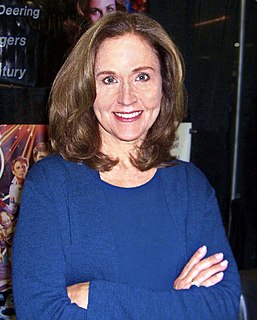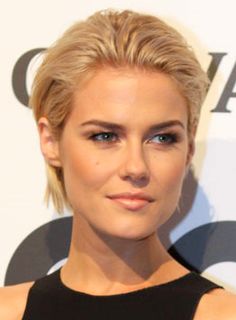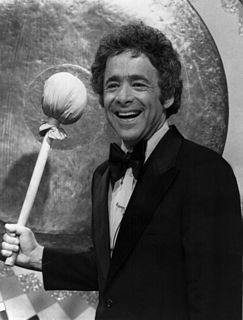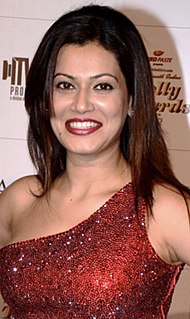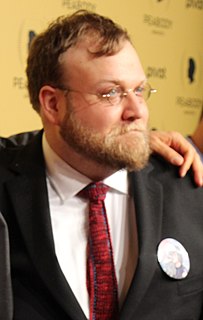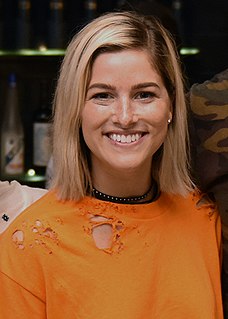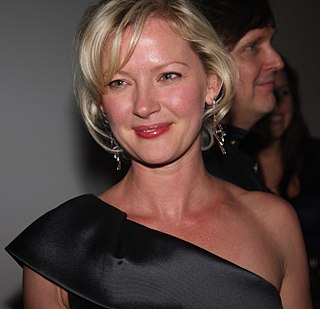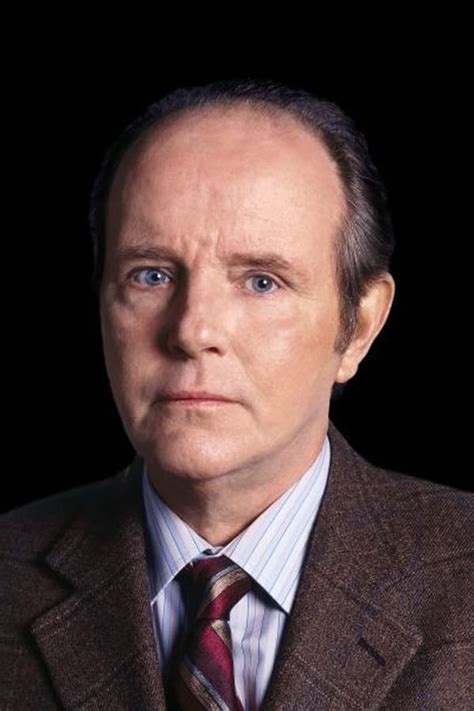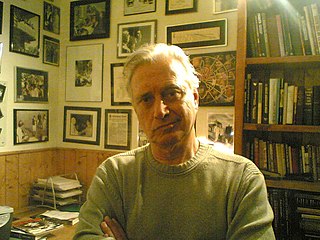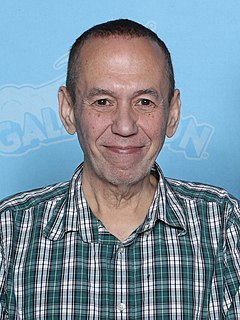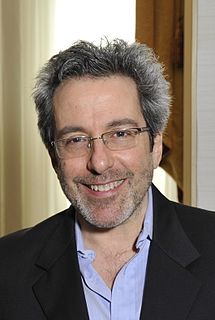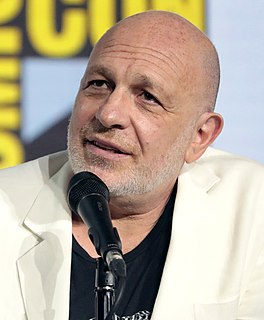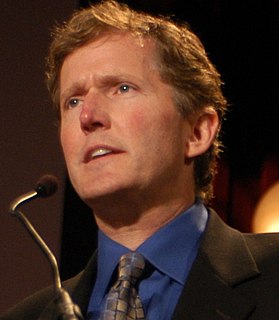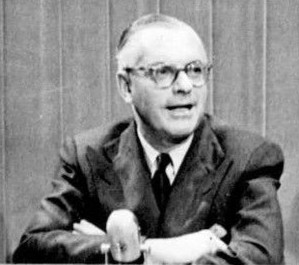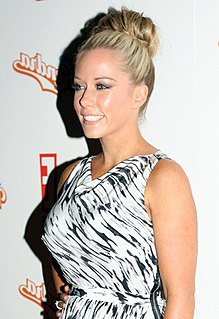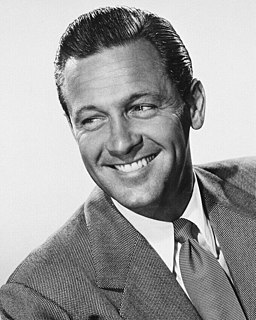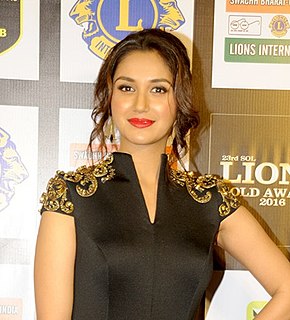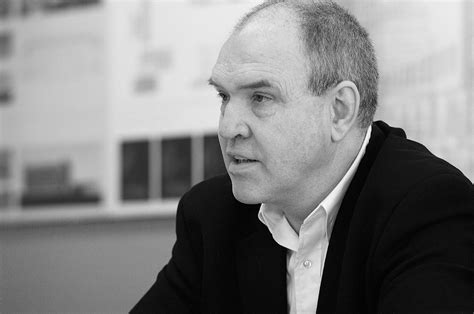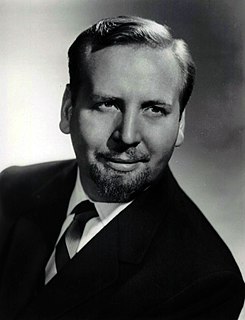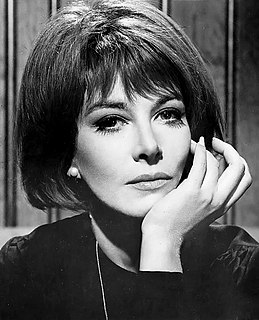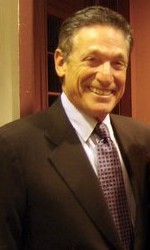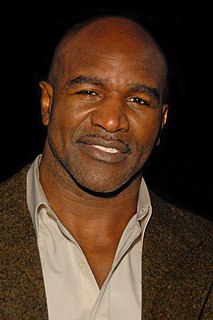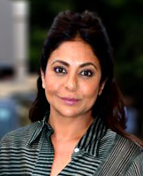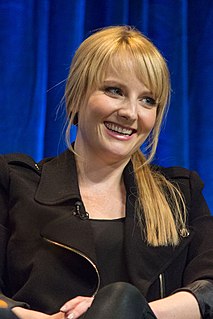Top 1200 Television Show Quotes & Sayings - Page 16
Explore popular Television Show quotes.
Last updated on November 9, 2024.
As a fan, when I hear that a film is going to be turned into a television show, I do go to that place immediately of, 'Is it going to be any good? Is it going to be a waste of time? Why are they doing it?' It's '12 Monkeys,' and '12 Monkeys' is awesome, so I wanted to be a part of it and work on it.
A lot of times, us within the industry, we can put this bubble around ourselves and create what a show is supposed to look like and sound like, and we're seeing so much content. The best compliment is, 'I finally found something to watch with my family,' or, 'This is how I really feel, and I can't believe they're showing this on television.'
With the television thing you have this lull of time where you're not with the character. And when you get those first pages, you're like, "Who is she again? Huh? Where did we leave off?" Then you show up at the read-through and all of the sudden the voice is there, and you realize that the character is still stewing in you all that time, even in the downtime.
The great thing about adventure, when told correctly, is it is one of the few genres that everybody in the family can watch together. Our television has become so targeted, it's so specific that there's literally nothing else on television that grandparents are watching with their grandkids, and they're both entertained.
They don't show Olympic boxing on TV in prime time. They haven't done that since 1988. In 1992, they showed one: Oscar De La Hoya. In 1996, they didn't show it. In 2000, they didn't show it. In 2004, they didn't show it. In 2008, they did not even mention boxing at all. You would think the United States didn't have a boxing team in 2008.
